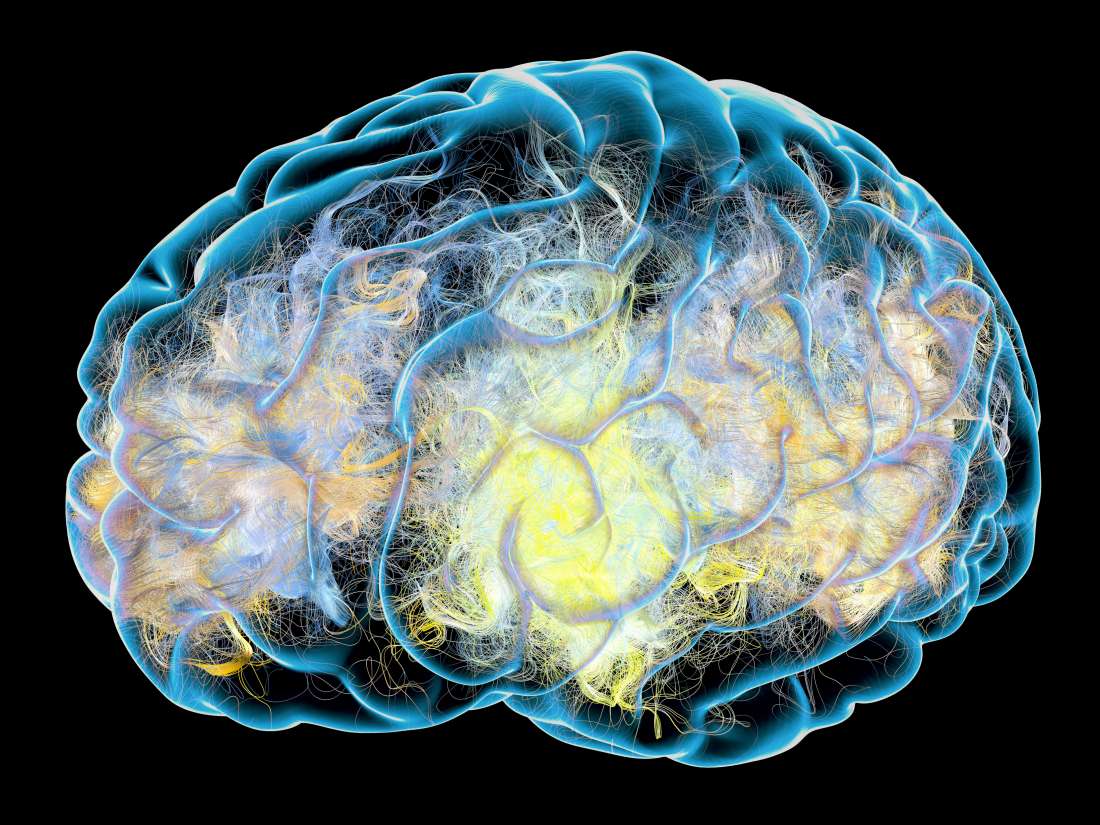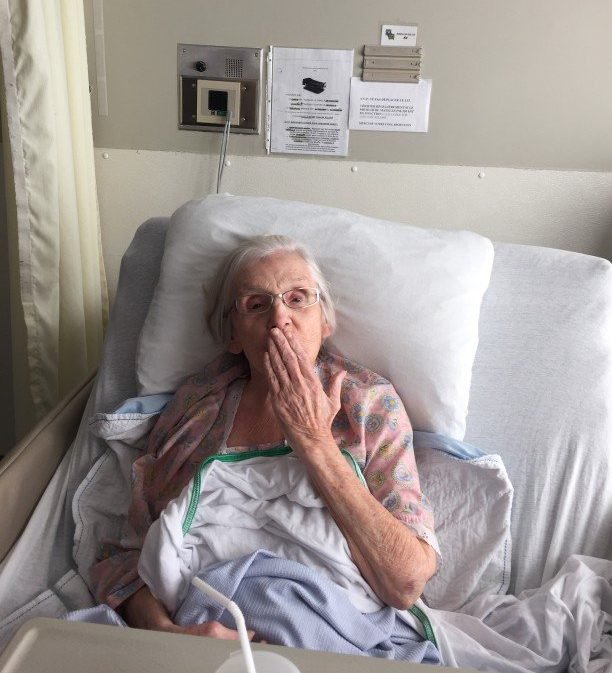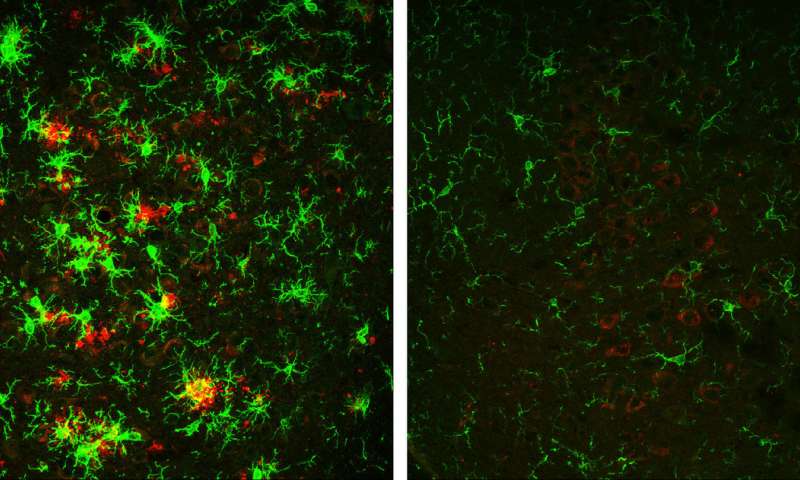A Tribute to International Women’s Day (March 8, 2018)
For many of us, caring for someone with Alzheimer’s can sometimes feel very isolating. You may be reluctant to share your feelings and experiences with co-workers or others in your social circles as they may have difficulty understanding and relating to what you are going through. Well, you are not alone.
Since an estimated 66% of all caregivers are women [as of February 2015]¹, on International Women’s Day, I’d like the take the opportunity to share with you a list of famous women who have had their lives impacted by Alzheimer’s Disease. This disease does not discriminate and affects families of all races, religions, cultures, and socio-economic status.
“More than 5 million Americans are living with Alzheimer’s, most over the age of 65. But with the increase in life expectancy, that number is expected to triple to nearly 16 million by 2050” [Alzheimer’s Association²]. It takes courage, patience, time, and a lot of resources to care for a loved one battling Alzheimer’s Disease and it can be very emotional and stressful to watch your loved one succumb to the symptoms of this disease. I am very grateful that these brave women have shared their experiences publicly, bringing about awareness and advocating for a cure.
FAMOUS WOMEN CAREGIVERS AND ADVOCATES FOR ALZHEIMER’S
Maria Shriver helped care for her father, who suffered from Alzheimer’s, and has become a champion of Alzheimer’s Caregivers. Her journalism career began with KYW-TV in Philadelphia, PA, but she soon moved up to the National News. The former First Lady of California has been a lifelong advocate for people with intellectual disabilities and co-authored an Alzheimer’s study in 2010 with the Alzheimer’s Association. She has also recently founded the Women’s Alzheimer’s Movement to help raise awareness and funds to figure out why women are disproportionately impacted by this devastating disease.
Leeza Gibbons cared for her mother, Gloria Jean Gibbons, who was diagnosed with Alzheimer’s and passed away in May 2008, at the age of 72. She is an Emmy-winning television personality, who put her career on hold to care for her mother. As a promise to her mother to “tell her story and make it count”, in 2002 she founded the Leeza Gibbons Memory Foudation, dedicated to improving Alzheimer’s care and finding a cure.
Kim Cambell cared for her husband, famous country/pop star Glen Cambell, whose diagnosis with Alzheimer’s was made in 2011. In honor of her husband, she made it her mission to improve the quality of life for people with Dementia and their caregivers by co-founding the I’ll Be Me Alzheimer’s Fund. In 2016, she launched CareLiving, a lifestyle guide and social movement to support and advocate for caregivers, and to encourage them to care for themselves while caring for others. Glen lost his battle with Alzheimer’s in August 2017.
Marcia Gay Harden helps take care of her mother, Beverly Bushfield Harden, who has diagnosed with Alzheimer’s 9 year ago. The Oscar-winning actress is best known for her roles in Law & Order SVU, Mystic River, Angels in America, The Newsroom. She mentioned that before her mother’s diagnosis, she noticed small signs indicating something may be wrong. In an effort to bring about awareness to this issue, she joined forces with the Notes to Remember campaign, a resource to help caregiver better recognize the signs and symptoms of Alzheimer’s. You can also follow her on Facebook.
Nancy Reagan cared for her husband, former President Ronald Reagan, for 10 years while he struggled with Alzheimer’s and eventually passed away in 2004 at the age of 93. Nancy Reagan was a Hollywood actress, prior to becoming the first lady of the United States. She was a passionate advocate for Alzheimer’s disease awareness and education with a special emphasis on advancing research. Nancy Reagan was born in New York City and passed away at her home in Los Angeles, CA on March 6, 2016. She was 94.
Kimberly Williams Paisley “Known for her role as Annie Banks in the 1991 Steve Martin film “Father of the Bride”, the television series “Nashville” and wife of country music superstar Brad Paisley, Kimberly Williams-Paisley is the author of “Where the Light Gets In: Losing My Mother Only to Find Her Again,” which chronicles her mother Linda’s battle with Alzheimer’s.” Her mother passed away in November 2016 at the age of 73. [Source: Alz.org]
Princess Yasmin Aga Khan cared for her mother, Rita Hayworth, during the end stages of her battle with Alzheimer’s Disease. “Yasmin is a member of the Board of Directors serving as Honorary Vice Chair of the Alzheimer’s Association since 1981, which is headquartered in Chicago. She is the General Chair of the Rita Hayworth Gala’s which are held annually in New York and Chicago and the newly added Dallas Gala. Since their inception in 1984 she has helped to raise over $53 million for Alzheimer care, research and support. The Alzheimer’s Association has awarded more than $265 million in research grants since 1982. Yasmin is internationally recognized for her advocacy work promoting awareness of Alzheimer’s Disease. She was also a board member of the Alzheimer’s Association.” [Source: Huffpost]
Amy Grant “The country singer’s father, Burton Grant, has debilitating dementia. She’s said that she and her three sisters are a caregiving team. “My advice to every family going through this is to talk honestly with each other.” [Source: AARP]
Liz Hernandez “The Access Hollywood host’s mother was diagnosed with Alzheimer’s a few years ago and now needs 24-hour care. Hernandez, an advocate for Alzheimer’s patients, has said that she or another family member checks in with her mom every day.” [Source: AARP]
Hillary Clinton was a caregiver for her mother, Dorothy Rodham, during an illness until she passes away in 2011 at the age of 92. Her mother’s illness was kept private and it’s not known if she was affected by Alzheimer’s. However, the former Senator of New York, Secretary of State, and First Lady of the United States has been a long-time advocate of family caregivers and supported several pieces of proposed legislation to improve benefits for home care and significantly increase research funding for Alzheimer’s Disease.
FAMOUS WOMEN WHO BATTLED ALZHEIMER’S DISEASE
Almost two-thirds of Americans with Alzheimer’s are women². I would also like to recognize some famous women who battled Dementia and Alzheimer’s Disease during the course of their lives. These are well known public figures and celebrities who have touched the hearts and minds of millions and will always be remembered. May they rest in peace.
Rita Hayworth (October 17, 1918 – May 14, 1987) achieved fame during the 1940s as one of the era’s top stars, appearing in a total of 61 films over 37 years. Before her diagnosis, the media accused her of being a drunk due to the confusion, outbursts, paranoia and all that goes along with the disease. Alzheimer’s was virtually unheard of and very little was known about the disease in these times. It is believed that she had been living with the disease for decades before a proper diagnosis of Alzheimer’s was made in 1980. Her daughter (Princess Yasmin Aga Khan – mentioned above) was her caregiver and is a board member of the Alzheimer’s Association. Rita Hayworth passed away in her Central Park West apartment in Manhattan at the age of 68.
Rosa Parks (February 4, 1913 – October 24, 2005) was a civil rights pioneer known as the “Mother of the Freedom Movement”. She was a major spark of the American civil rights movement when she was arrested for refusing to give up her bus seat on December 1, 1955. She co-founded the Rosa L. Parks Scholarship Foundation, assisted in many other organizations, and published an autobiography. Rosa was diagnosed with Dementia in 2004 and died the following year at the age of 92.
Margaret Thatcher (October 13, 1925 – April 8, 2013), the former prime minister of Great Britain, was one of the most commanding figures of the 20th Century. The publicizing of her mother’s battle with Alzheimer’s in her daughter’s memoir was shunned by the media across Britain. Which is important to mention, because it’s this negative attitude that “underscores the shame many feel about the consequences of dementia, especially when it strikes the most intellectually powerful“. The devastating illness ultimately contributed to her death in 2013 at age 87.
Arlene Francis (October 20, 1907 – May 31, 2001) was an American actress, radio and television talk show host, and game show panelist. She is known for her long-standing role as a panelist on the television game show What’s My Line?, on which she regularly appeared for 25 years, from 1950 through the mid-1970s.” Arlene died in San Francisco, California, from Alzheimer’s disease and cancer at the age of 93.
Geraldine Fitzgerald (November 24, 1913 – July 17, 2005) began as a stage actress in 1932 and is best known for her vivid portrayals of strong-willed and sometimes troubled women in such Hollywood classics as “Dark Victory” and “Wuthering Heights“. Geraldine passed away in New York City on July 17, 2005 after a long 10 year battle with Alzheimer’s disease. She was 91. [Source: NYDailyNews]
Marian Mercer (November 26, 1935 – April 27, 2011) was an American actress and singer whose five-decade career on film, TV and the stage included a 1969 Tony Award-winning performance in the original production of the musical “Promises, Promises”. She died from complications of Alzheimer’s disease in Newbury Park, CA at the age of 75. [Source:The Hollywood Reporter]
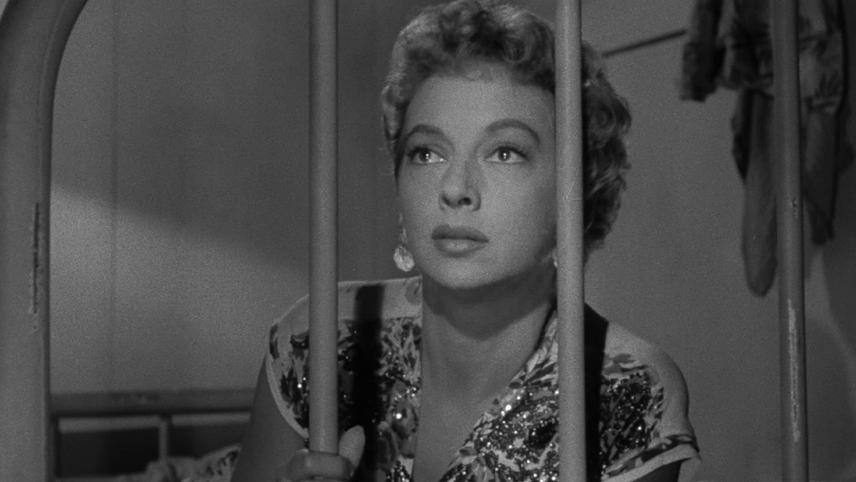
EVELYN KEYES, (Photo: MUBI)
Evelyn Keyes (November 20, 1916 – July 4, 2008) was an American film actress who was best known for her role as Scarlett O’Hara’s sister in the 1939 film “Gone with the Wind”. She was also a writer and published a Hollywood-themed novel in her later years. Her memoirs in 1977 and 1991 kept her in the lime light right up until the end. After onset of Alzheimer’s disease in her later years, she eventually died in Montecito, California on July 4th at the age of 91 from uterine cancer.
Pauline Esther “Popo” Phillips, (July 4, 1918 – January 16, 2013) battled Alzheimer’s Disease for 11 years before she passed away at the age of 94. Pauline’s writing career took off when she became the columnist famously known as Dear Abby back in January 1956. During her decades writing the column , it became the most widely syndicated newspaper column in the world, syndicated in 1,400 newspapers with 110 million readers. She had an identical twin, who was also a famous columnist known as Ann Landers.
I’m sure there are many more famous women who have been touched by Alzheimer’s and deserve recognition, so if there’s anyone you would like to share in either of these lists, please feel free to leave your comments.
REFERENCES
1 Family Caregiver Alliance. Women and Caregiving: Facts and Figures
² Alzheimer’s Association. 2017 Alzheimer’s Disease Facts and Figures
Credits: Associated Press (AP)/Matt Rourke

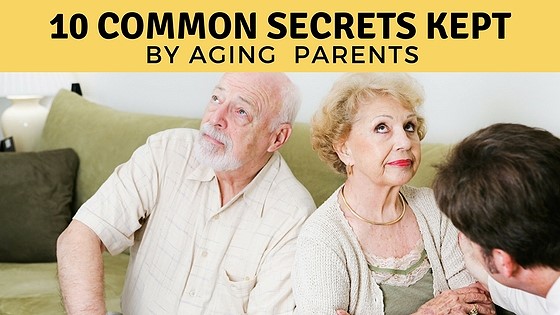
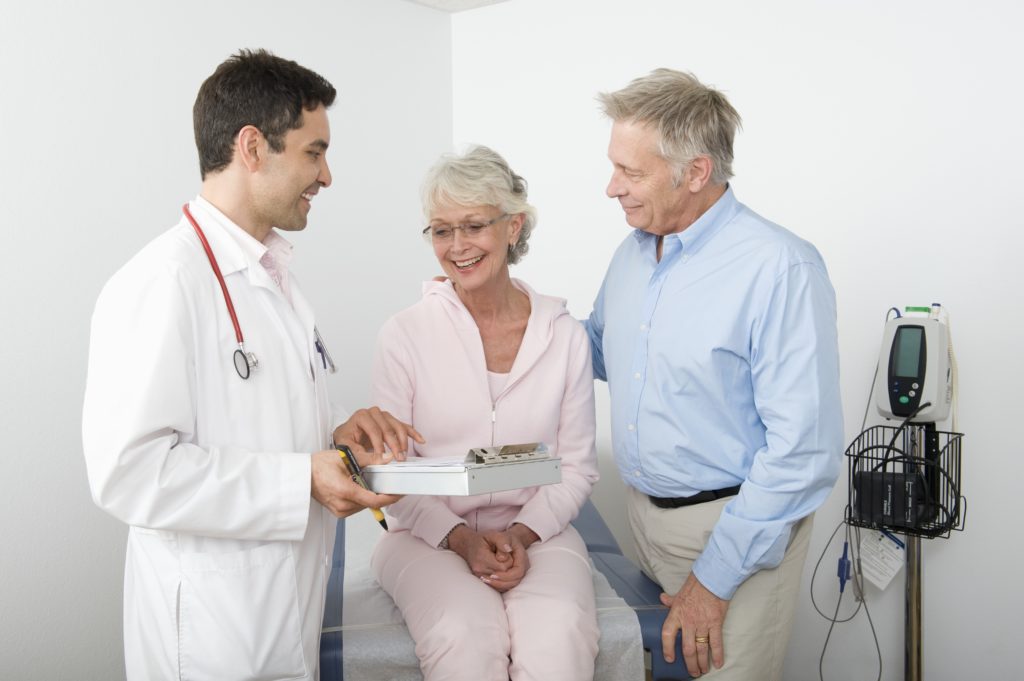
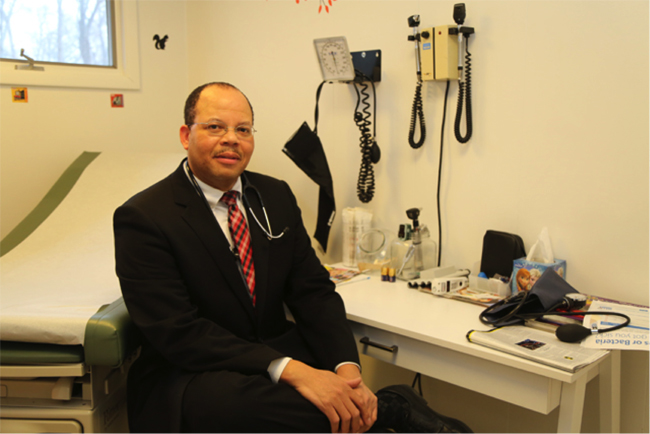

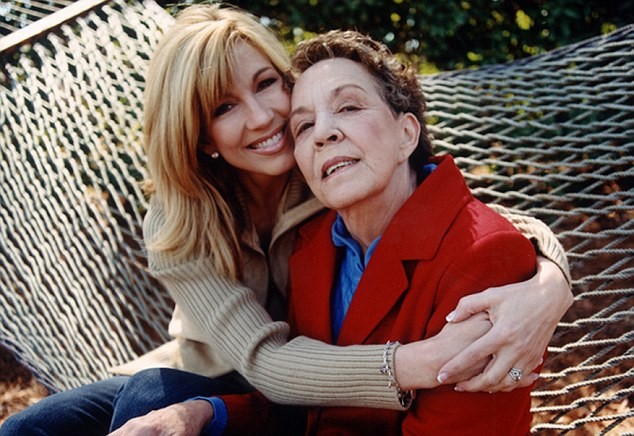

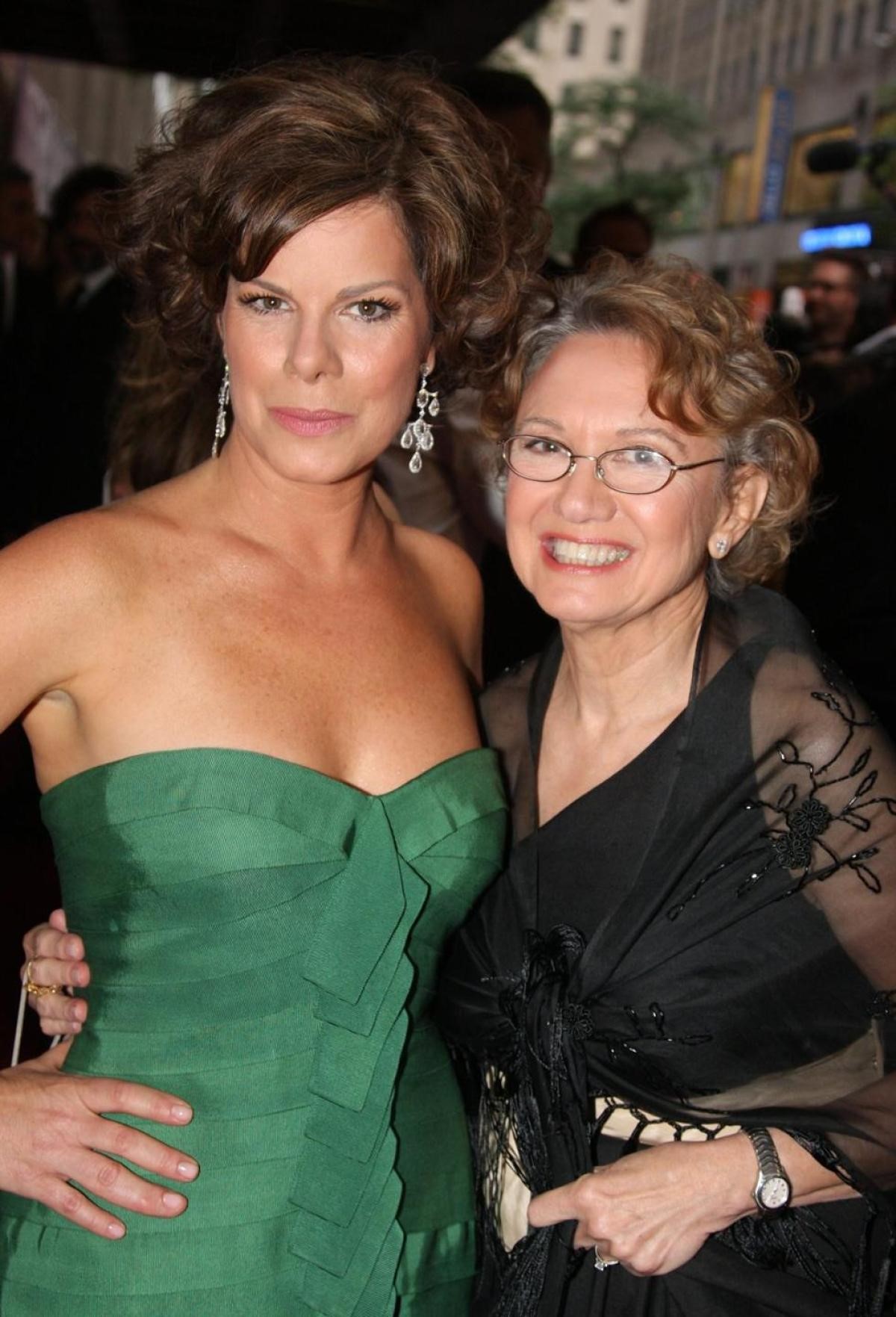

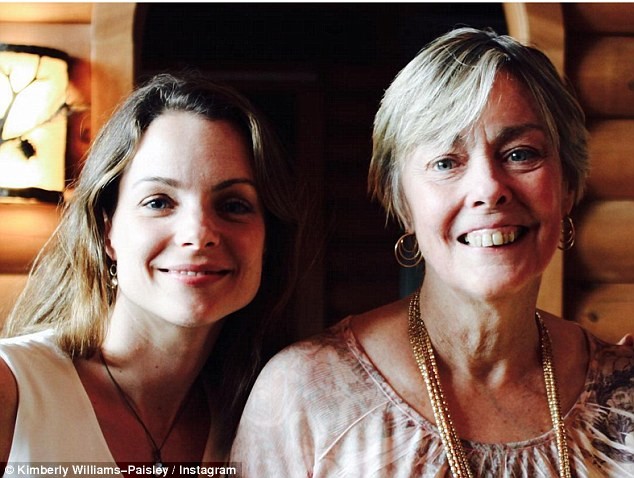
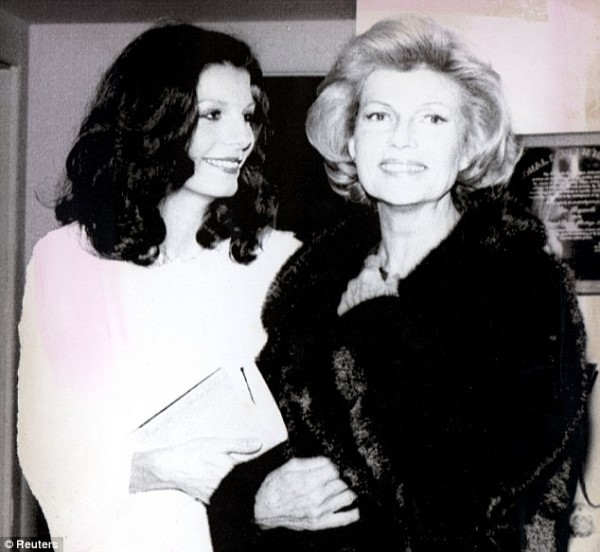
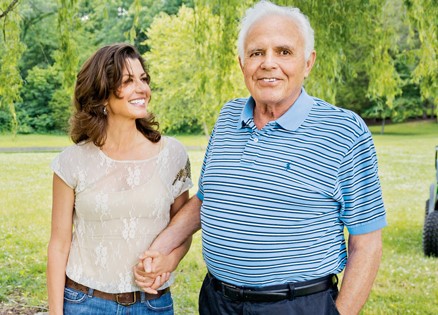
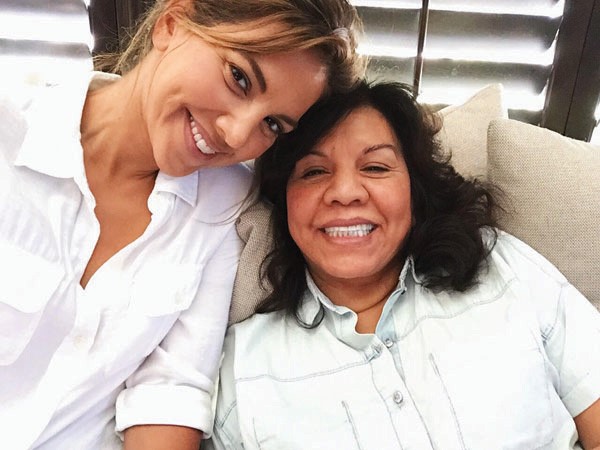
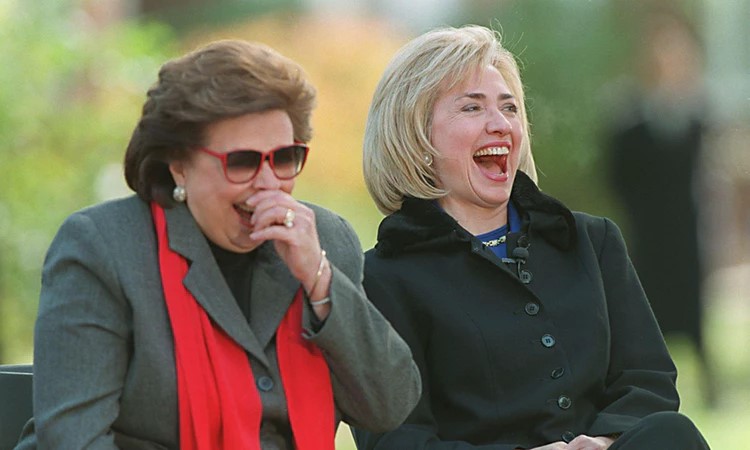

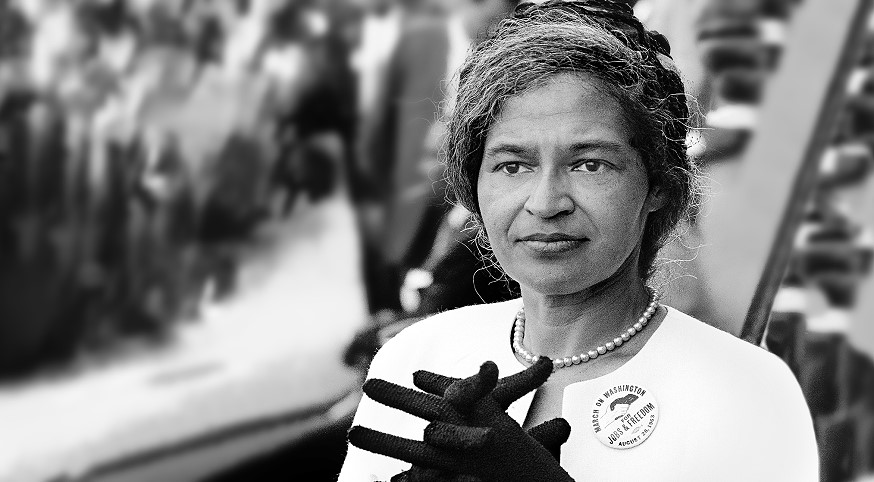
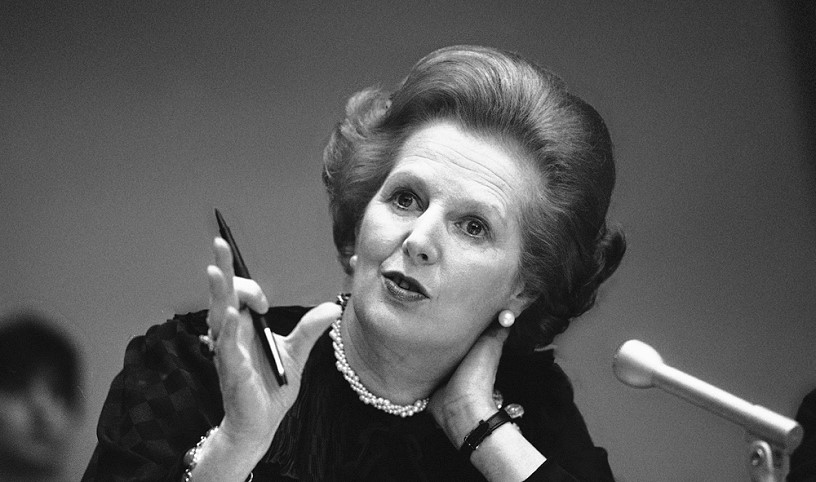
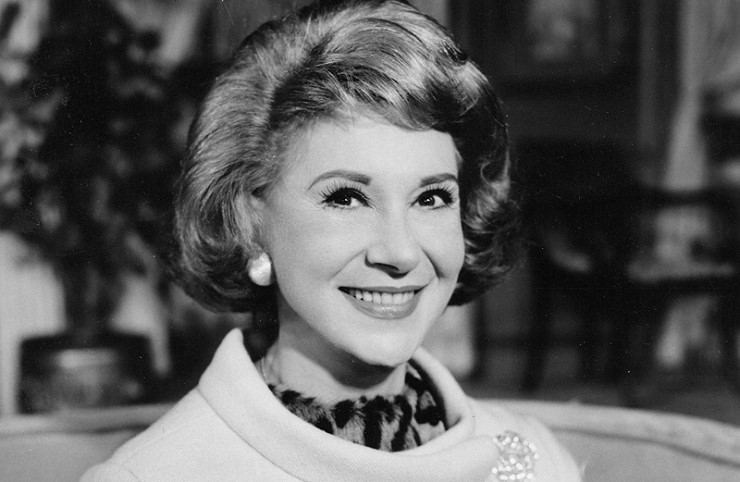
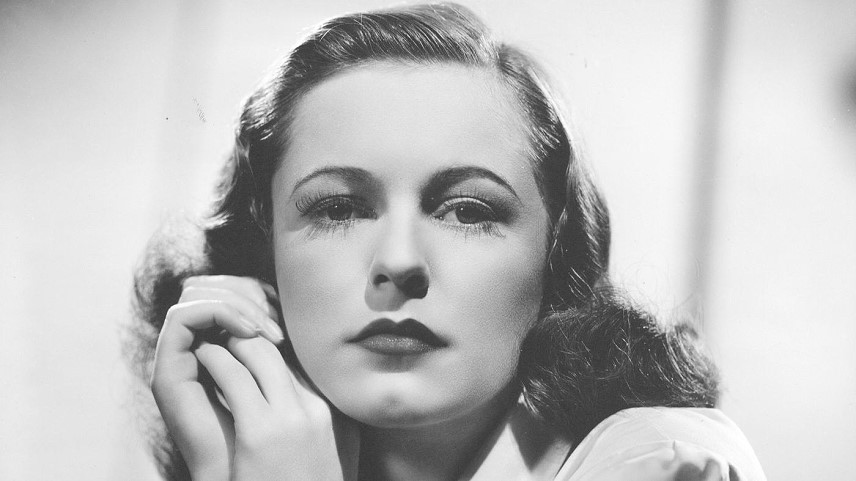


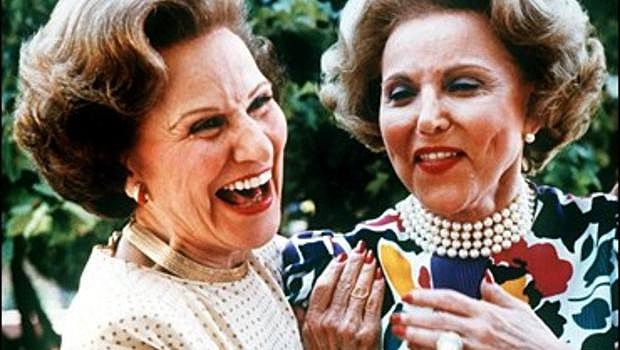
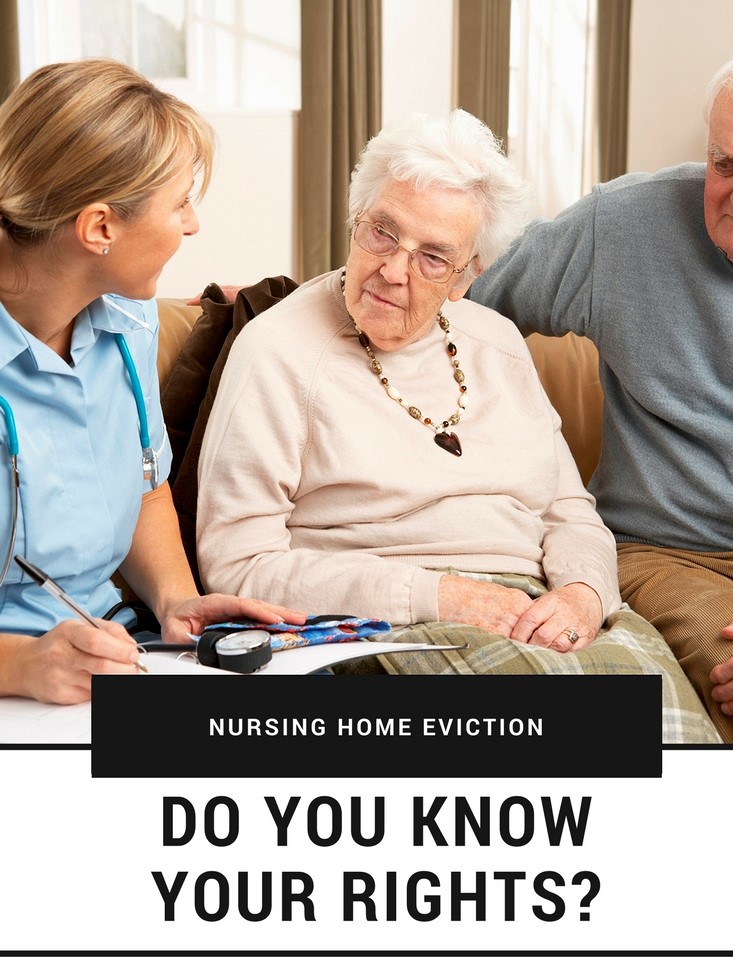 Do you know your rights when it comes to eviction from a nursing home? “
Do you know your rights when it comes to eviction from a nursing home? “